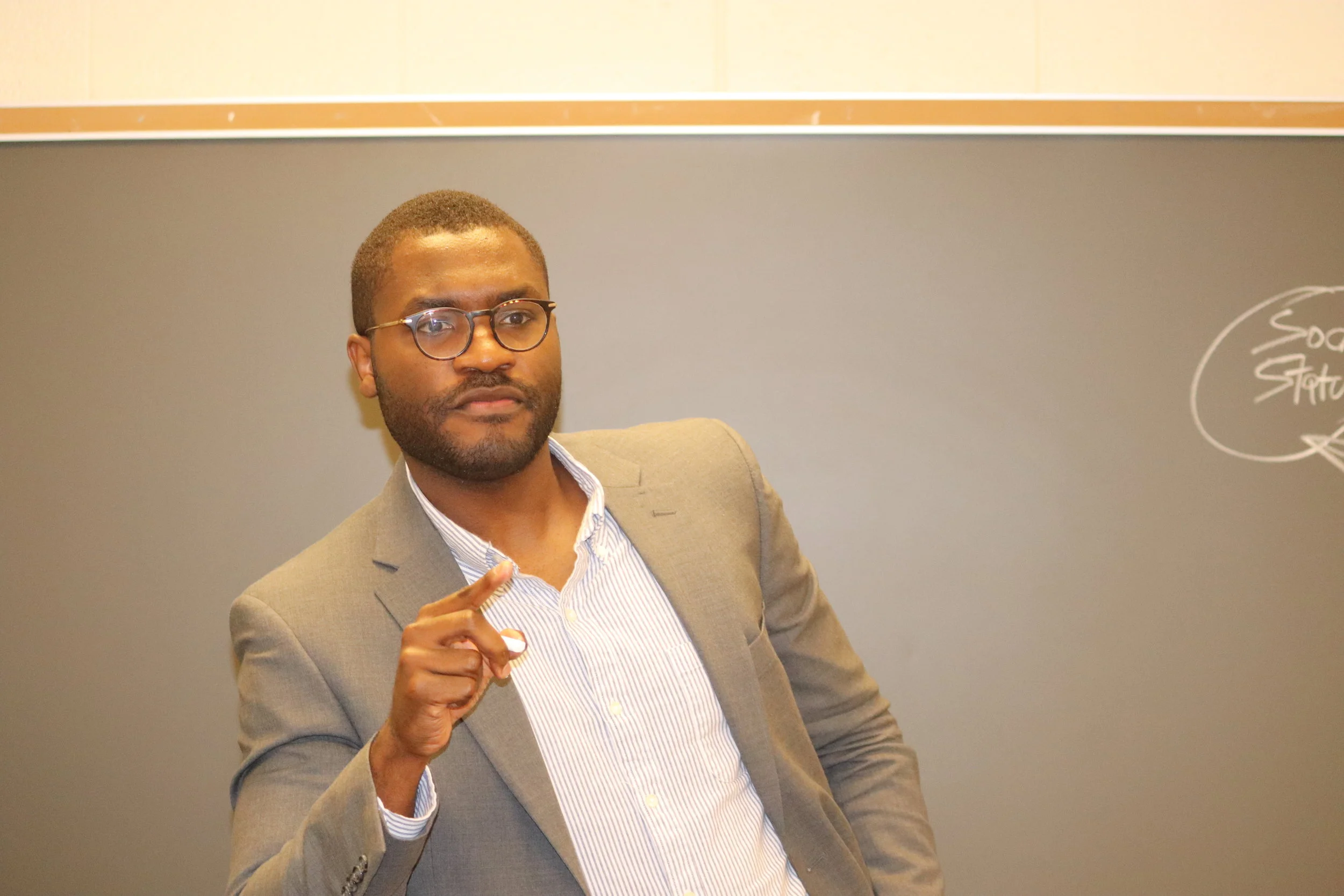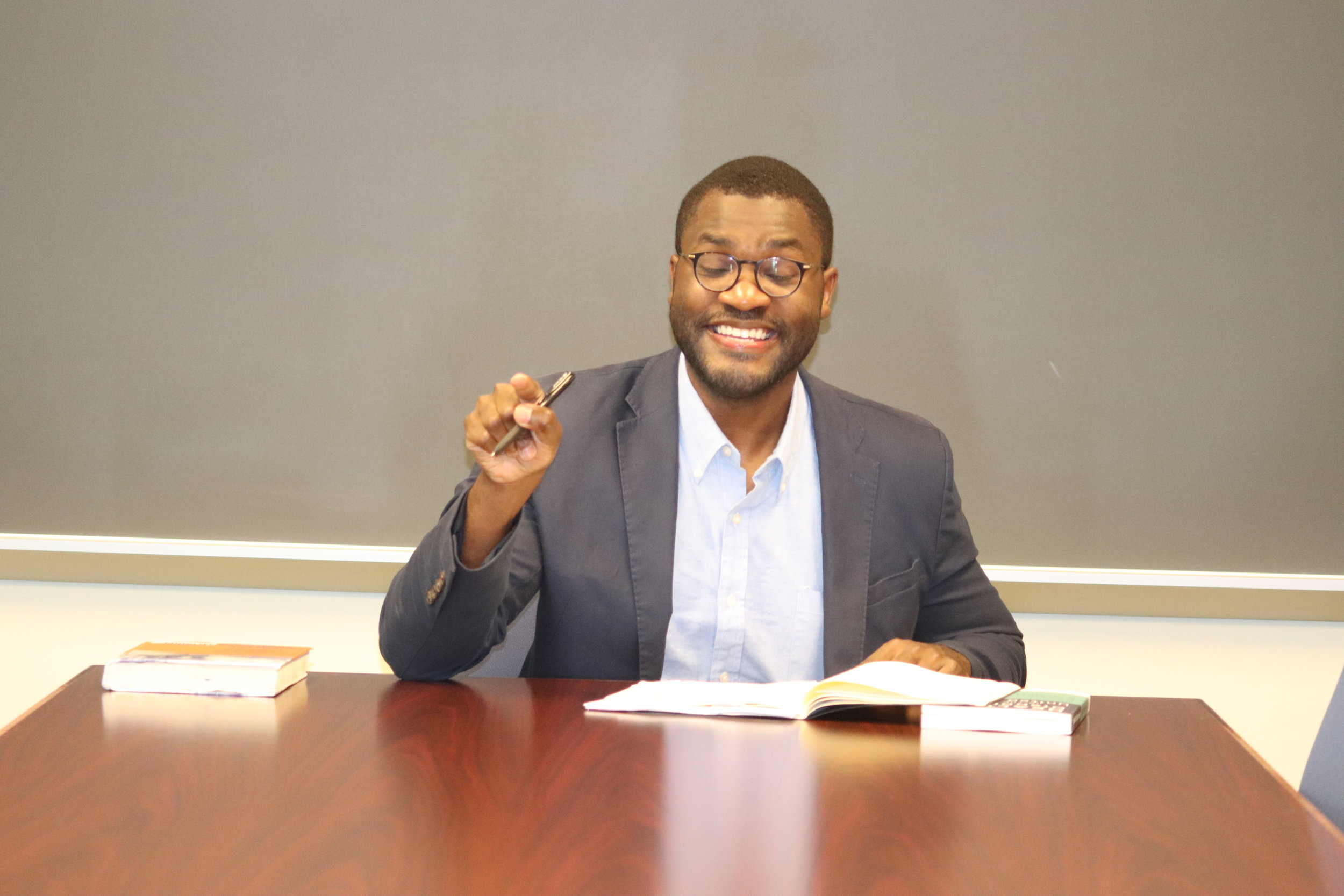Thoughts on Teaching
In my classes, I make a concerted effort to engage and develop the critical thinking skills of my students. Past students have remarked that there is no single correct answer in my classroom. Instead, the emphasis is on the argument and the reasoning that illustrates its validity. To me, scholarship and debate are keys to both student and teaching excellence. I begin my courses with a confronting yet dissectible question. After moving past why the question may be triggering to a student or group of people, we explore the processes that have contributed to this. Are these socially rooted, or part of a natural order? These questions are explored as students discuss their interpretations of the matter. I am often heard in the background making a plea for the application of course material to the discussion. My students know that points and ideas can only be taken as valid if they are substantiated with course vocabulary or topics. I find this way of engaging the learning environment works well for students who gain little from the standardized approach of lectures. Of course, lectures are still a part of the described process, as I challenge myself and attempt to tie the arguments that they have brought forth to the prepared remarks on the day’s topic. I call this form of teaching “reciprocal engagement”, because just as they are given rules to follow in their addresses to their peers and myself, I too am held accountable by reinforcing the relevance of their examples.
In addition to the reciprocal engagement method, I believe in service learning. Service learning is to me an important and effective way to engage students with their communities, in ways that enable them to see the proximity of the issues they study. I also see this as a way of promoting responsible citizenship, by providing students with an opportunity to learn from those who are making a difference in the surrounding community of the institution they attend. Students often turn these experiences into research projects that may fulfill their capstone. In several instances, I have known students whose service learning experience have translated to careers in non-profit settings.
Altogether, I see the classroom as a powerful tool to engage students. I believe that creative and impactful engagement come from challenging students to see beyond what is on the screen, or in the text. Many of the social processes and conditions we as social scientists speak on are far too real to be discussed only on a theoretical basis.


